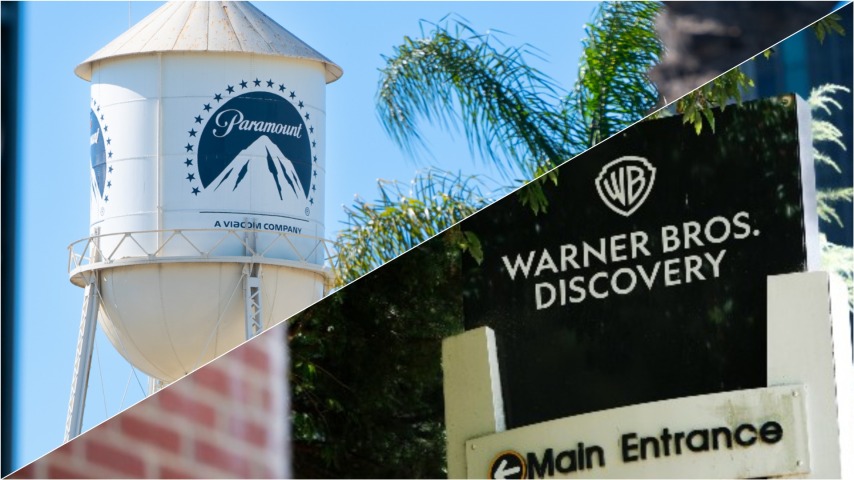“We have an industry that, from a structural standpoint, requires some consolidation. We can’t have as many streaming services, certainly not global streaming services, and some of the great legacy majors in the United States don’t really have enough scale,” Landgraf observed at the Royal Television Society’s Cambridge Convention on Thursday (via Deadline). “I think that’s why you see—between Paramount, Universal, and Warner Brothers—a desire to consolidate at least two of those companies to try to create another distributor that has a scale globally.”
Of course, a megamerger could have some seriously troubling implications. There’s a reason antitrust laws exist, after all! (In the world we live in today, it’s hard to ignore the relationship between media consolidation and rising fascism.) Landgraf, too, offered an example of a con, that it’ll be “really hard for the creative community, because essentially, there’ll be one less buyer.” But a pro, he said, is that “consolidation means greater efficiency.” Landgraf has some experience with this, having experienced the merger of 21st Century Fox and Disney and now works under the auspices of one of the biggest and most powerful entertainment mega conglomerates in the world.
But the pros and cons may not matter at all, because “I really honestly think it’s inevitable,” Landgraf said. “If you look at the balance sheet for half of these companies independently, they really don’t have any way of scaling to 200, 250, 300 million global subscribers without some kind of consolidation.” Welcome to the future.









































